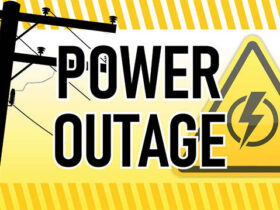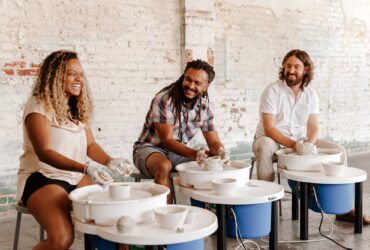10 Things You Need to Know Before Having Surgery
Our health is of the utmost importance, and we should do everything we can to protect it. When ill or injured, one should always consult with a healthcare professional to determine the best course of action. However, there are instances that require surgery.
Undergoing surgery is a life-changing event. It can be scary and confusing, especially if you don’t know what to expect. It’s important to be prepared before surgery to focus on your recovery.
- Insurance Coverage – Make sure you understand your insurance coverage. Most insurance companies will cover at least a portion of the surgery, but there may be some out-of-pocket costs. It’s important to know what your insurance will and won’t cover according to your budget. Here are ten things you need to know before having surgery:
- The Cost – Besides knowing your insurance coverage, getting an estimate of the surgery cost from the hospital or surgery center is important. This will help you determine if there are any out-of-pocket costs that you’ll be responsible for. Once you get your surgery billing estimate, compare it to your insurance coverage to see what, if any, additional costs you’ll need to plan for.
- Pre-op Testing—Your surgeon will likely order some tests before surgery to ensure you’re healthy enough for the procedure. These tests may include blood work, a chest X-ray, or an EKG. Your surgeon will also review your medical history and medications to ensure nothing could complicate the surgery.
- The Procedure – It’s important to understand the details of your surgery. Ask your surgeon to explain the procedure in detail, including what will be done and how long it will take. This will help you know what to expect during surgery and recovery.
- Recovery Time – Recovery time varies depending on the type of surgery you’re having. Your surgeon will be able to estimate how long you can expect to be in the hospital and when you can expect to return to your normal activities. It’s important to plan for additional help at home if you need it during your recovery.
- Pain Management—You can expect pain and discomfort after surgery. Your surgeon will prescribe pain medication to help you manage it. It’s important to take the medicine as directed and only as long as needed.
- Follow-up Care – Once you’re home from surgery, your surgeon will likely want to see you for follow-up appointments. These appointments are important to ensure that your surgery site is healing properly and that there are no complications. Surgery is a big event, but it’s only the beginning of your journey to recovery.
- Activity restrictions—Some activity restrictions may be after surgery. Following these restrictions is important to avoid complications and ensure a successful surgery. When in doubt, always check with your surgeon. Your surgeon will let you know what you can and can’t do.
- Diet—After surgery, you’ll likely be on a special diet. Your surgeon will let you know what you can and can’t eat. Following the diet is important to avoid complications and promote healing. The diet may be restrictive initially, but it will eventually return to normal.
- Emotional Support—Surgery can be a difficult and emotional experience. It’s important to have a support system to help you through it. Talk to your doctor about it if you’re feeling anxious or depressed. Talk to your family and friends about your surgery and recovery. There are also support groups available for people who are going through surgery.
If you’re having surgery, you must be as prepared as possible. Take the time to understand your insurance coverage, get an estimate of the surgery cost, and learn about the details of the procedure. You should also know what to expect during recovery and have a plan in place for follow-up care. Finally, you should ensure you have the emotional support to help you through the surgery and recovery process.















